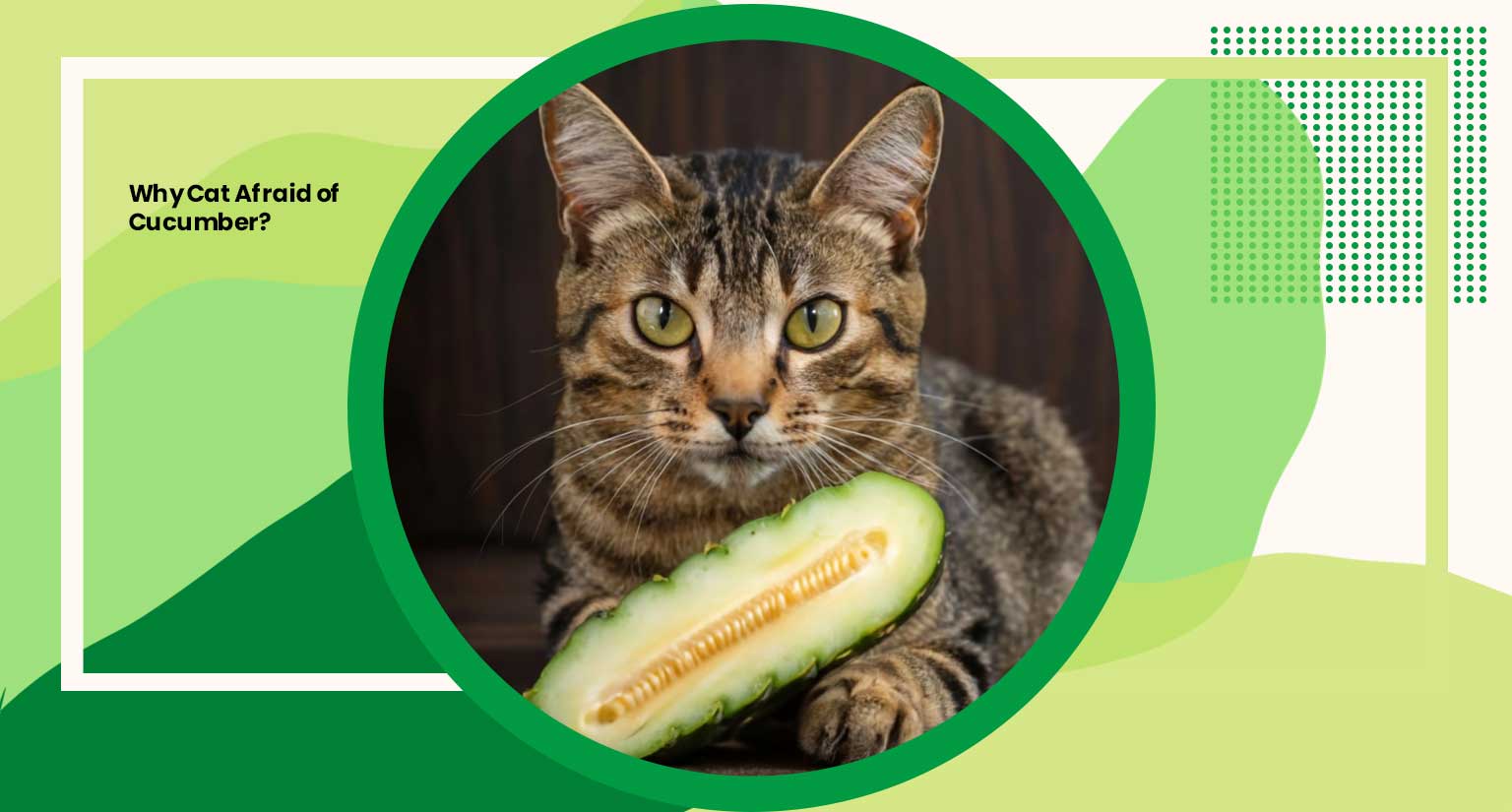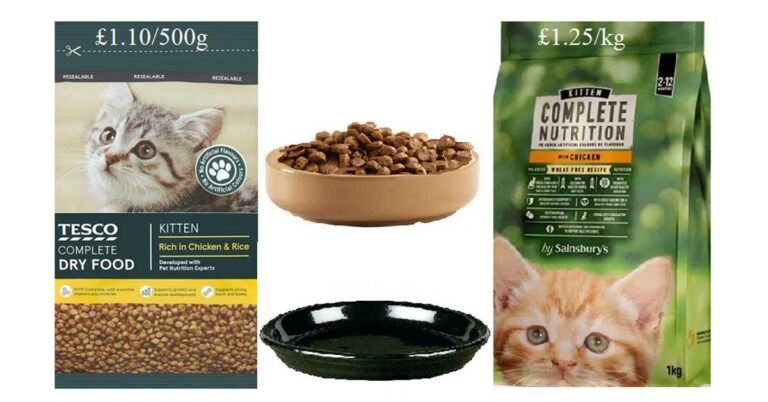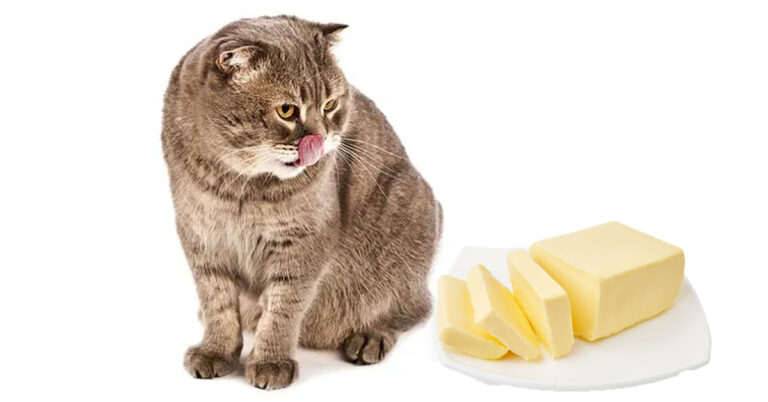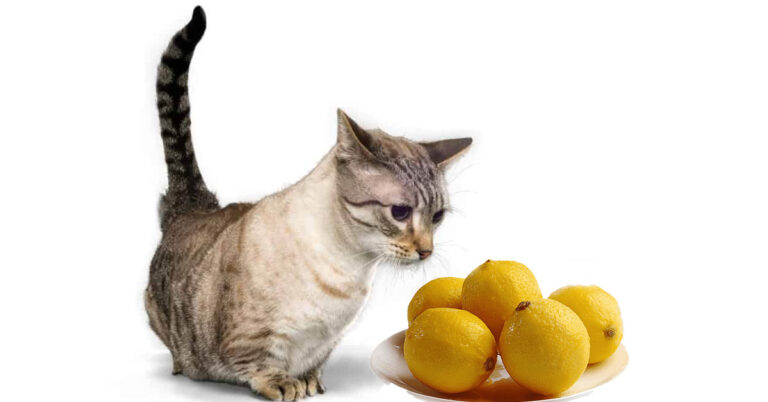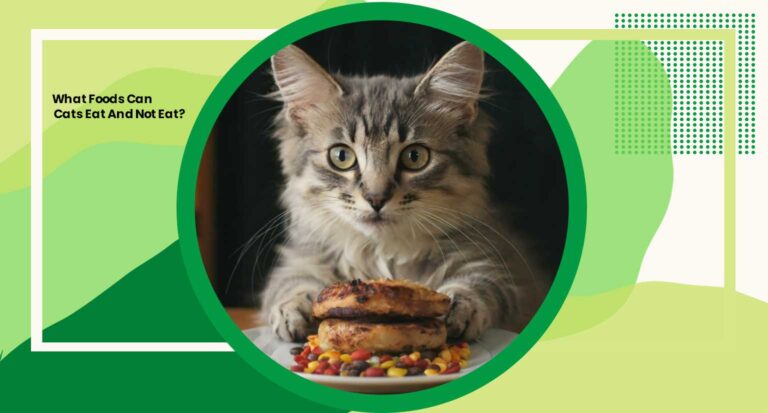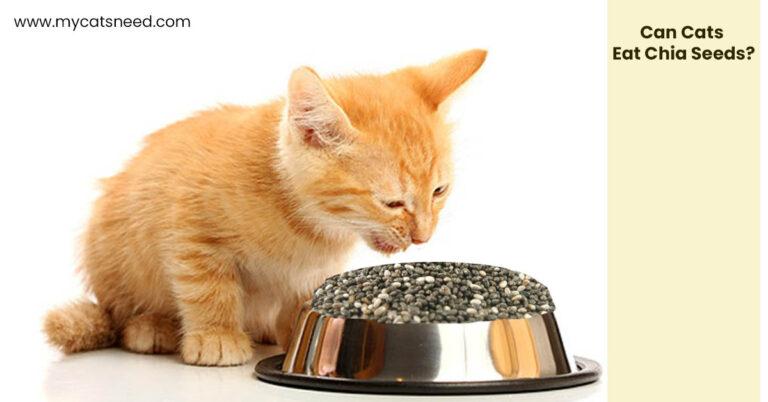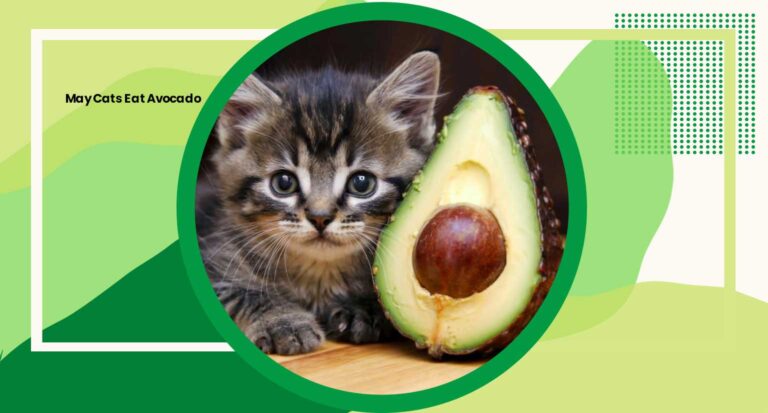Why Cat Afraid of Cucumber? 5 Surprising Reasons Revealed
In the curious world of feline behavior, one peculiar phenomenon has captured the attention of cat owners and enthusiasts alike. Why cat afraid of cucumber? While seemingly innocuous, this reaction sparks intrigue and raises questions about the complex nature of our feline companions.
The psychology behind this intriguing behavior and the reasons why cats exhibit fear in the presence of cucumbers. As pet owners ponder over this peculiar fear, the underlying reasons can shed light on the intricate dynamics between cats and their environment.
Why Cat Afraid of Cucumber?
Cats, known for their curious and sometimes skittish nature, can react unexpectedly to seemingly mundane objects. When confronted with cucumbers, many cats exhibit a startled or fearful response. While the exact reason behind this reaction isn’t definitively proven, experts suggest several theories to explain why cucumbers upset cats.
One prevalent theory revolves around the element of surprise. Cats, by nature, are highly sensitive to sudden changes in their environment. Placing a cucumber behind them while they’re preoccupied with eating or grooming can trigger a primal response akin to encountering a potential predator.
This sudden intrusion into their perceived safe space can evoke a strong fear response, causing them to react defensively or flee the scene.
Another plausible explanation stems from the cats’ innate fear of the unknown. Cucumbers, when introduced unexpectedly, represent an unfamiliar object that disrupts the cat’s sense of security and routine.
In the wild, unfamiliar objects could signify potential threats or danger, prompting cats to remain vigilant and wary of their surroundings. As such, the sight of a cucumber triggers an instinctual fear response rooted in self preservation and survival.
Furthermore, the elongated shape and vibrant color of cucumbers may amplify their perceived threat level in the eyes of cats. These characteristics, resembling snakes or other predators in the wild, can evoke a primal fear response deeply ingrained in the feline psyche.
Thus, the mere presence of a cucumber triggers a primal instinct to flee or defend against a perceived threat, regardless of its harmless nature.
While the exact reasons behind why cucumbers upset cats may remain speculative, understanding their behavior provides valuable insights into the intricate dynamics between felines and their environment. As caretakers, it’s essential to respect and accommodate our cats’ unique sensitivities, ensuring they feel safe and secure in their surroundings.
Can Cats Eat Cucumbers?
Cucumbers, with their crisp texture and refreshing taste, may seem like a tempting treat for our feline friends. However, before offering cucumbers to your cat, it’s essential to consider their dietary needs and preferences.
While cucumbers are generally safe for cats to consume in small quantities, they offer minimal nutritional value and may not be particularly appealing to most cats. Unlike dogs, which may enjoy the crunchiness of cucumbers as a low calorie snack, cats typically prefer meat based diets and may not show much interest in vegetables.
Before introducing cucumbers into your cat’s diet, it’s crucial to consider any potential digestive issues they may cause. Some cats may experience gastrointestinal discomfort or digestive upset when consuming unfamiliar foods, including cucumbers. Additionally, the skin and seeds of cucumbers may pose a choking hazard if not adequately prepared or removed.
If you’re considering offering cucumbers to your cat as an occasional treat, it’s essential to do so in moderation and monitor their reaction closely. Remove the skin and seeds, and slice the cucumber into small, bite sized pieces to reduce the risk of choking.
Introduce cucumbers gradually and observe your cat’s response to ensure they tolerate them well. Ultimately, while cucumbers may not be harmful to cats in small quantities, they should not replace essential components of their diet, such as high quality cat food specifically formulated to meet their nutritional needs.
Consulting with your veterinarian before introducing new foods into your cat’s diet can help ensure their health and well being are prioritized.
5 Disadvantages Of Cucumber Consumption For Cats
While cucumbers may be generally safe for cats to consume in small quantities, there are several potential disadvantages associated with their consumption.
Digestive Upset
Some cats may experience gastrointestinal discomfort or digestive upset after consuming cucumbers, particularly if they are not accustomed to eating vegetables. The fiber content in cucumbers could lead to diarrhea or vomiting in sensitive cats.
Choking Hazard
The skin and seeds of cucumbers pose a choking hazard to cats, especially if the cucumber pieces are not adequately prepared or sliced into small, manageable pieces. Cats may struggle to chew or swallow large chunks of cucumber, increasing the risk of choking.
Nutritional Imbalance
While cucumbers contain water and some vitamins, they offer minimal nutritional value for cats. Feeding cucumbers as a significant portion of a cat’s diet could lead to a nutritional imbalance, as cats require a primarily meat based diet to meet their dietary needs.
Disinterest and Aversion
Many cats simply have no interest in eating cucumbers and may even develop an aversion to them due to their unfamiliar taste and texture. Encouraging cats to consume cucumbers may require coaxing or trickery, which can lead to stress or anxiety for the cat.
Potential Pesticide Exposure
Unless organic cucumbers are used, there is a risk of pesticide exposure when feeding cucumbers to cats. Pesticide residues present on conventionally grown cucumbers could pose health risks to cats, especially if ingested regularly over time.
Considering these potential disadvantages, it’s important for cat owners to exercise caution when offering cucumbers to their feline companions and to consult with a veterinarian before introducing new foods into their cats’ diets. While cucumbers may be enjoyed by some cats as an occasional treat, they should not replace essential components of a cat’s balanced diet.
Conclusion
The perplexing behavior of cats being afraid of cucumbers remains a fascinating topic that continues to intrigue pet owners and animal behavior experts alike. While the exact reasons behind this reaction may not be definitively proven, theories surrounding surprise, fear of the unknown and primal instincts shed light on the complex dynamics between cats and their environment.
Understanding and respecting our feline companions’ unique sensitivities is paramount in fostering a harmonious relationship built on trust and empathy.
By recognizing and accommodating our cats’ instinctual responses, we can create environments where they feel safe, secure and valued members of our households.
As we continue to explore the mysteries of feline behavior, our interactions with curiosity, compassion and a deep appreciation for the remarkable bond we share with our beloved cats.

